I have an Azure Web App that communicates with a 3rd party system thru VPN / VNET integration. Part of that communication relies on being able to resolve a DNS name.
When the app is deployed to a virtual machine, we just update the hosts file with an entry like
123.45.67.89 RPGMDR500-0R
and the communication works fine. Because of the way the communication is setup, I cannot just use the IP address in code. In the communication the DNS name is sent back to us and we have to resolve it to that ip address.
Is there a way to do this with just an App Service? Effectively, we want the app to resolve this custom dns name to the ip address.
UPDATE I updated our VNET DNS Servers to use a Virtual Machine setup for DNS.
Using nameresolver, I can see that the DNS is reaching the app service, but only if I specify the DNS IP address. By Default, it is still using a Default Server (which not sure how). (sorry for the blackouts, not sure how sensitive those datas are).



